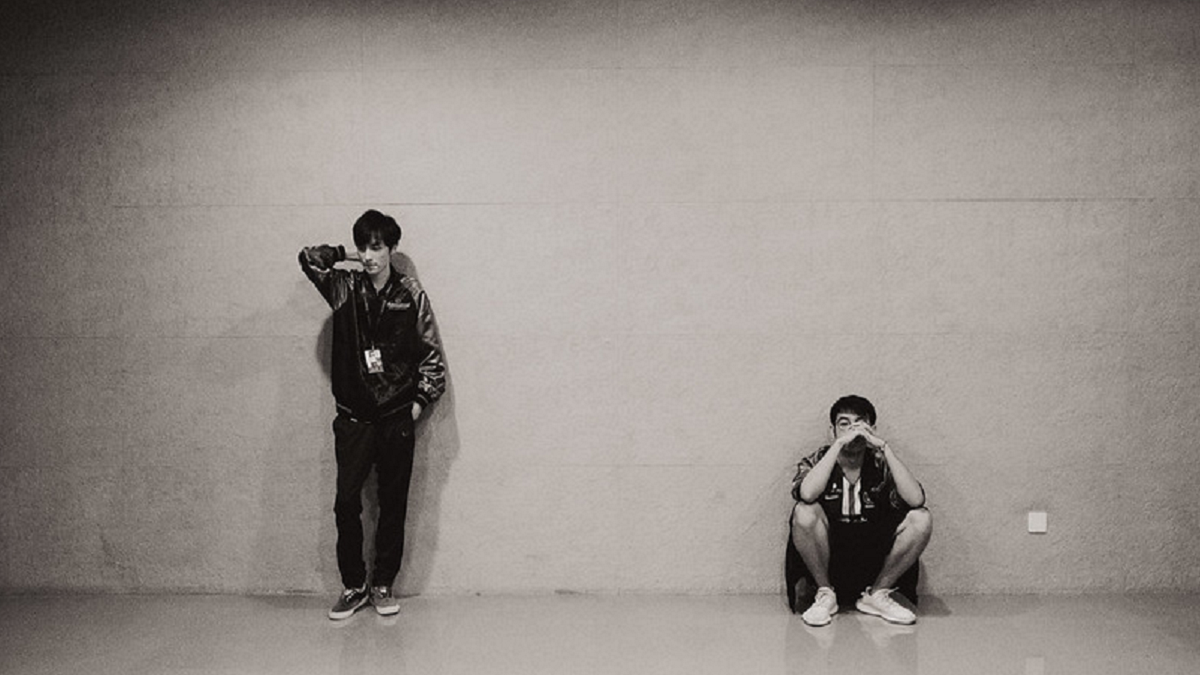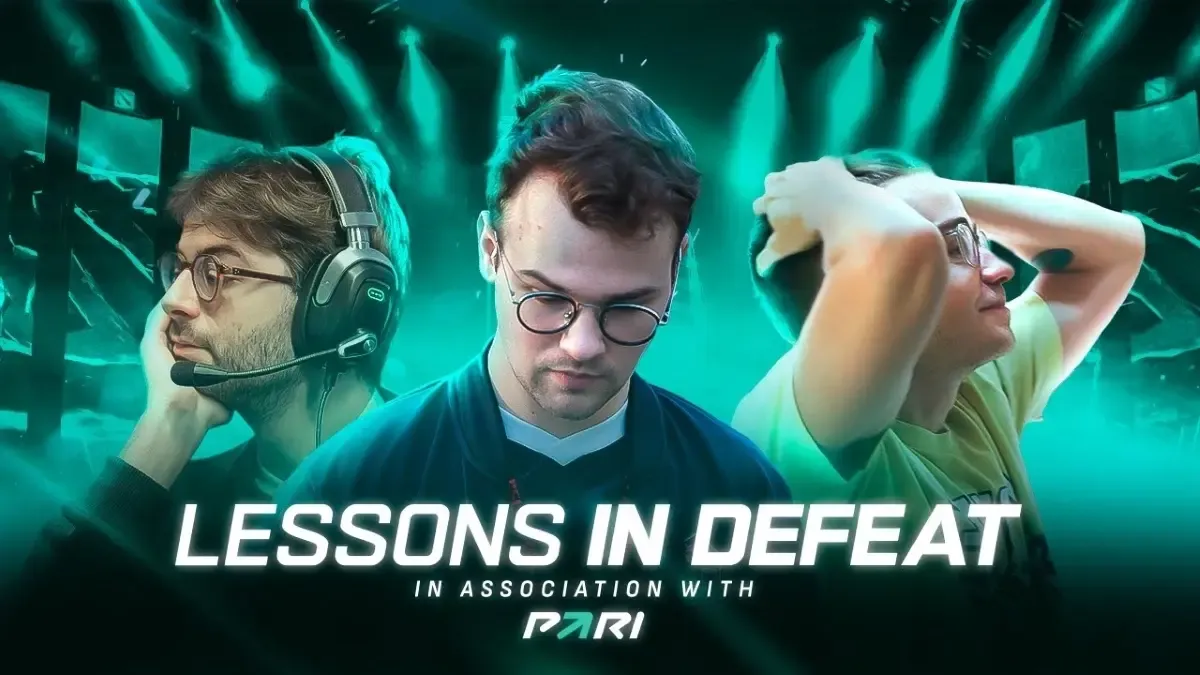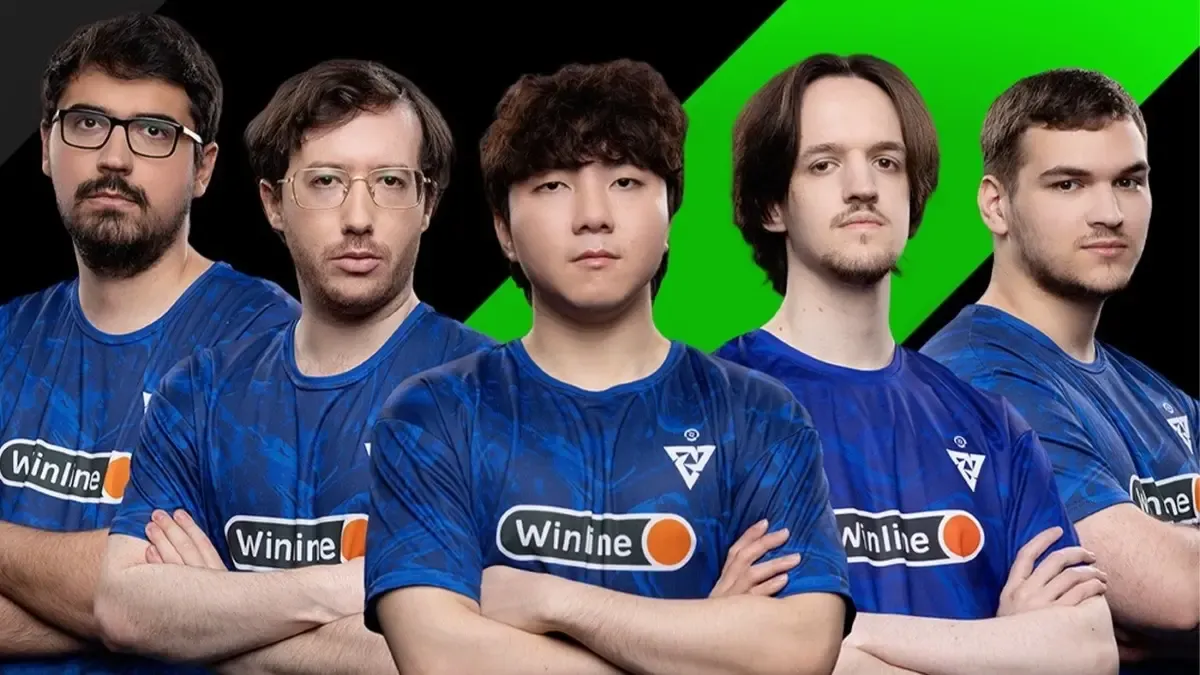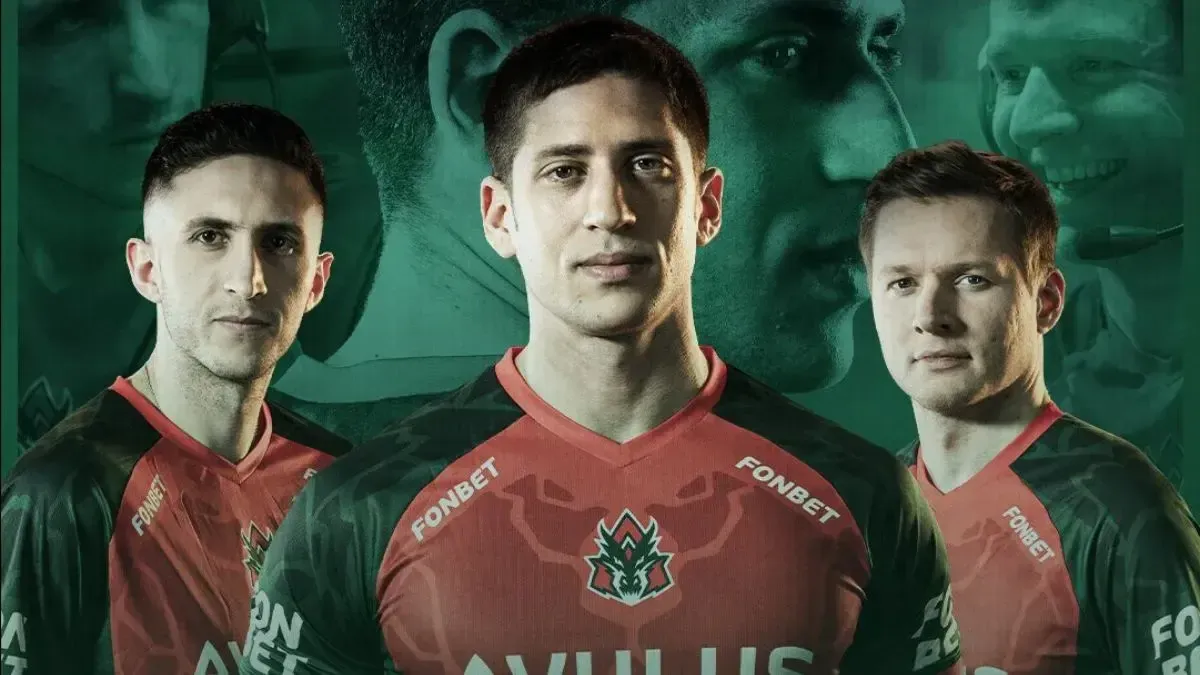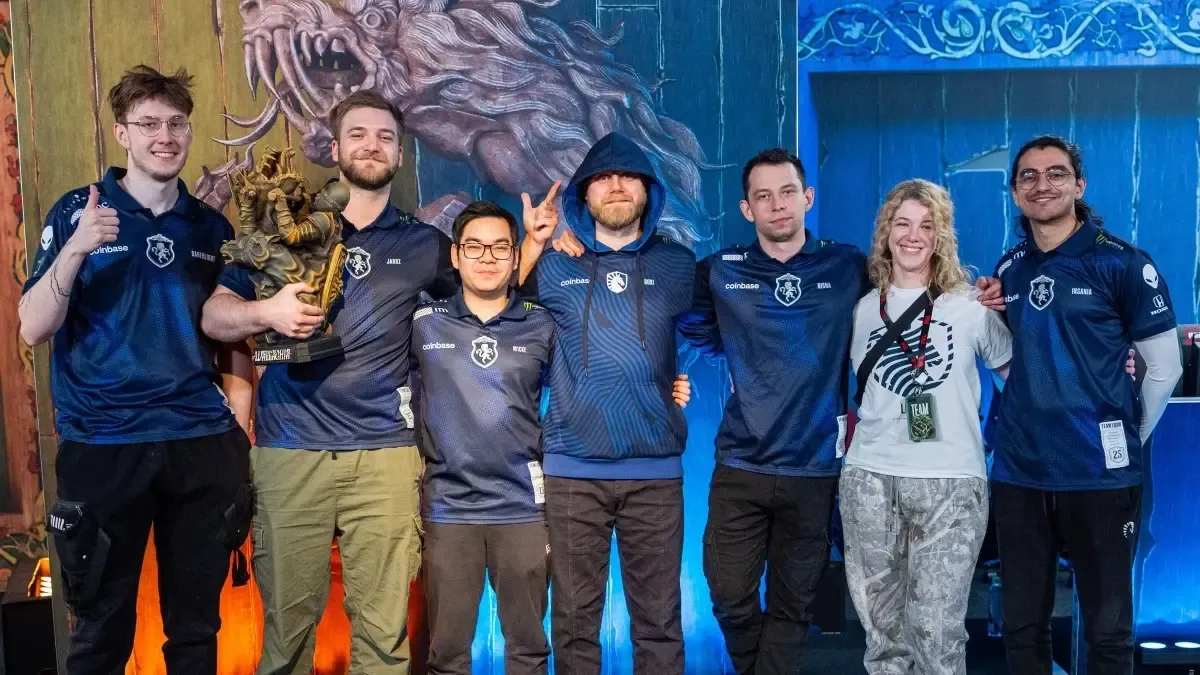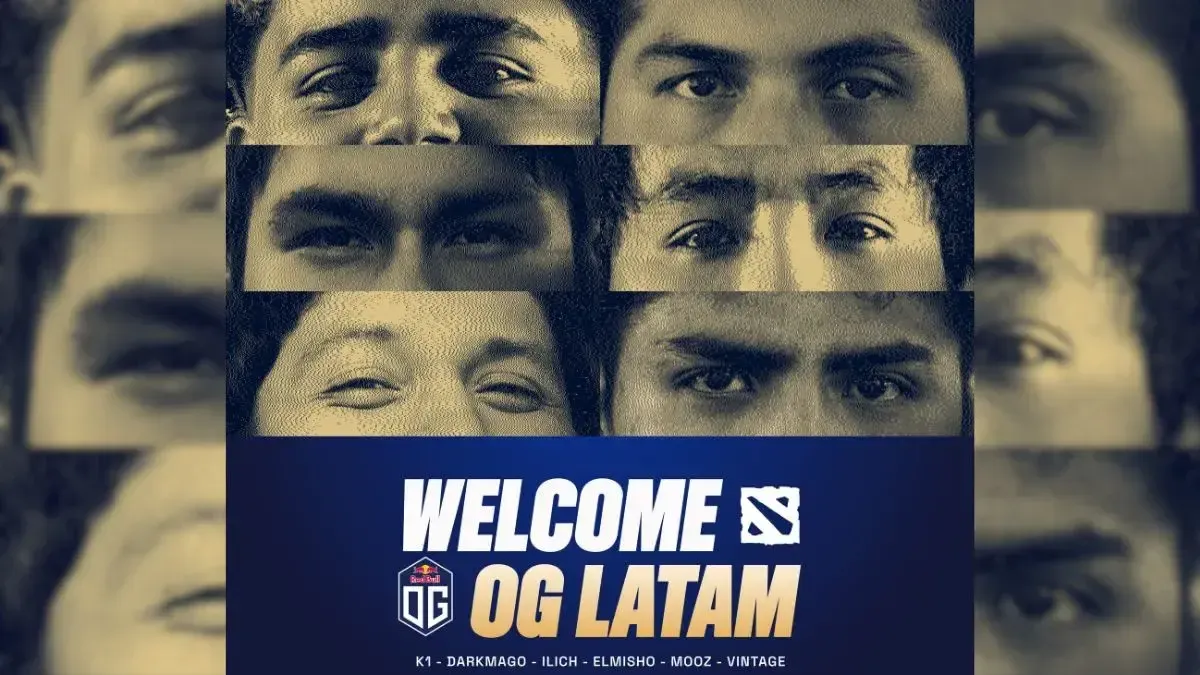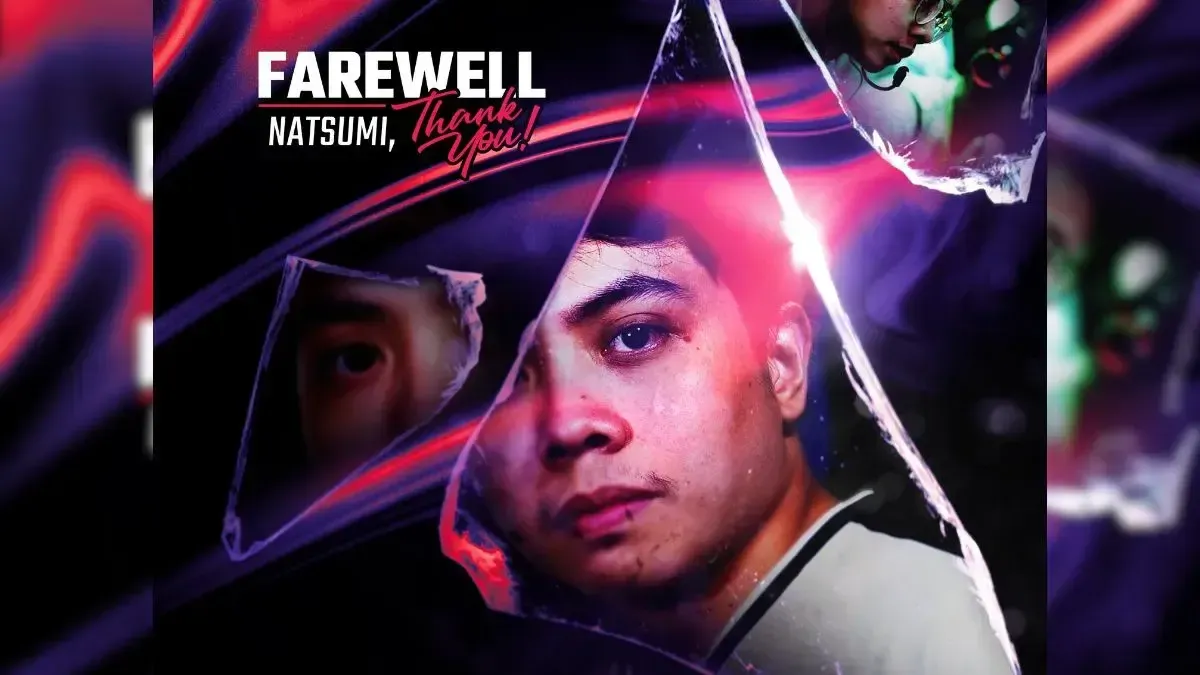The 2021-2022 Dota 2 season is in full swing, with the second tour of the DPC winding down, but since TI10 the events schedule has been lacking.
The International 10 ended on October 17th when the underdog, Team Spirit, was crowned the Champions, stunning the Dota 2 community by defeating the TI10 tournament favorites, PSG.LGD, 3-2 in the grand finals.
Typically held in August, the pinnacle of all Dota 2 events was delayed due to complications with TI10 happening in Sweden and needing to be relocated and rescheduled. It was then moved to Bucharest, Romania from October 7-17th.
With the delay of The International by two months, the new Dota 2 season schedule was pushed out to beginning in the late fall.
Since then there have been only SEVEN tier1/tier 2 third-party events happening outside of the DPC leagues.
- GAMERS GALAXY: Invitational Series Dubai 2022
Mar 02 - 06, 2022 - BTS Pro Series Season 10: Southeast Asia
Feb 06 - Mar 06, 2022 - BTS Pro Series Season 10: Americas
Feb 05 - Mar 06, 2022 - OGA Dota PIT Season 6: China
Feb 22 - 28, 2022 - Intel World Open Beijing
Jan 19 - 22, 2022 - Huya Winter Invitational 2021
Dec 23 - 31, 2021 - OGA Dota PIT Season 5: Europe/CIS
Dec 13 - 20, 2021
So with so little going on for third-party events, what is to blame?
DPC bids
In the summer of 2017, The Dota Pro Circuit (DPC) was introduced when Valve decided to do away with the previous Major system. Valve then would choose a number of third-party tournaments to sponsor as hosts for the events, adding cash to the prize pools.
- Read more about the Evolution of the DPC
In 2020 they adjusted things to introduce the regional leagues. Several third-party tournament organizers would now be hosting not only the Majors but also the six-week-long league play for the six established regions.
See where this is going?
Two years ago, tournament organizers needed to compete with one another in order to gain favor over the various teams and the viewership. That created an incentive to ensure better team participation and approval, top-notch and unique broadcasts, and more events.
Now with the big tournament organizers being tied up for six weeks of league play (and potentially a Major to produce), the budget is spent on talent and resources at least three times a year.
DPC League as year-long TI qualifiers
Going along hand-in-hand with the DPC tournament hosts, the DPC points are going towards the Major appearances and International invites, making the priority on these regional leagues for teams, fans, and event organizers alike.
The DPC has become nothing short of a year-long TI qualifier, and that means lots and lots of regional matches and the same teams playing every week.
TI qualifiers are often the most important matches and what the average or casual fan is interested in (aside from LANs —which aren't happening for reasons below). So what is the incentive to watch MORE regional events between these same teams that don't have nearly the same stakes or meaning?
War in Ukraine
Epicenter, the tournament organizers slated to host the Dota 2 DPC 2021-22 Season Spring Tour, Valve made the decision to postpone the region's competition indefinitely.
This means that no Eastern European region teams have been able to compete and no organizers have been able to host any events —online or otherwise.
- Read more about When Esports and Politics Collide
Longstanding issues with COVID
At the turn of the new year, in January, Valve announced that they would be canceling the first Major due to increasing cases and travel restrictions with COVID-19. The solution was the creation of six regional finals held online —a less than optimal experience and fairly lackluster occurrence for fans.
Then, less than two weeks ago, it was announced that after playing just two weeks of matches, the Chinese regional league Dota Pro Circuit Spring Tour, was to enter a break time forced by the citywide lockdown in Shanghai.
- Read more about the DPC, TI, and integrity in 2021-22
So what is to blame?
Certainly, there are more reasons such as finances —read lack of partnerships and support from endemic and non-endemic sponsors and the ROI on tournament investments —, unreliable or tight scheduling, and even unexplored indicators.
But at the end of the day, there are few events happening for the Dota 2 community; and that creates not only a gaping wound in the ecosystem but casts a dark shadow on the future landscape.

